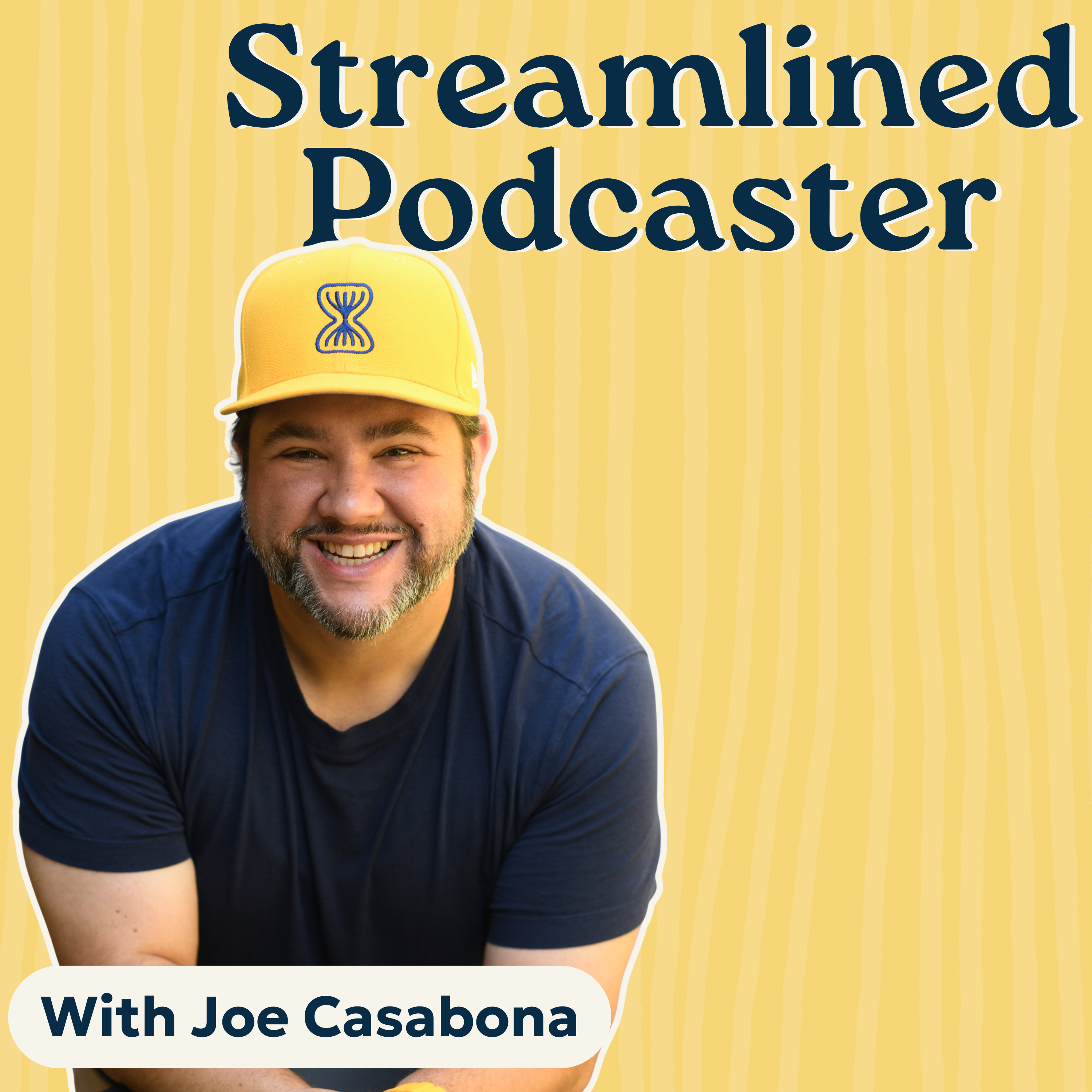Podcasting Made Simple
Podcasting Made Simple is the premier podcast about podcasting! We’re here to help podcast guests and podcast hosts reach more listeners and grow their income so they can change more lives! Join Alex Sanfilippo and other podcasting industry experts as they share how you can level up on either side of the mic! (Show notes and resources: https://PodMatch.com/episodes)
Podcasting Made Simple
Becoming a Elite Interviewer and Podcast Host | Michael Ashford
If you've ever interviewed a guest on a podcast about their life and work, you know that interview is far more than an innate ability; it's a challenging skill to master! In this episode, former journalist and long-time podcaster Michael Ashford explains how to master your interview technique to create powerful conversations that listeners want to listen to on repeat and share with their friends. Get ready to excel as an interviewer and create content that listeners will want to binge!
MORE FROM THIS EPISODE: HTTPS://PODMATCH.COM/EP/265
Takeaways
Approach interviews with a curious mindset rather than assumptions and opinions.
Avoid asking lengthy questions and focus on asking shorter, more to-the-point questions.
Take notes during the interview and refer back to interesting points for follow-up questions.
Listen to oneself and analyze interviews to identify areas for improvement and celebrate successes.
Master the art of the interview by clarifying, interrupting sparingly, giving space, and tying up loose ends.
Find your own interviewing style that reflects your show and preferences.
Chapters
00:00 The Worst Question I Ever Asked
02:08 What Went Wrong in the Interview
03:56 The Issue of Lengthy Questions
05:25 Basics of Interviewing
07:18 Mastering the Art of the Interview
08:14 Preparation and Patterns
09:14 Clarifying and Flowing Between Questions
10:13 Interrupting and Giving Space
11:42 Silence and Tying Up Loose Ends
13:36 Finding Your Own Interviewing Style
MORE FROM THIS EPISODE: HTTPS://PODMATCH.COM/EP/265
PodMatch has officially launched a podcast network for independent interview-based podcasts! To apply to be part of the network, please visit https://PodMatch.com/network and press the "Join Network" button in the top center of the screen. While you're there, be sure to check out some of the incredible shows in the network!
You're listening to Podcasting Made Simple. I'm your host, Alex Sanfilippo. For this episode's guide and resources, please visit podprose.com slash 265. And now let's get to the episode. I want to begin by telling you about the worst question that I ever asked in an interview. Now at the time I was a student at Kansas State University, Go Wildcats, and I was working for the student newspaper, the Kansas State Collegian. And I was working on a story about student athletes and their on the field and off the field lives. And on this particular day I was at the football press conference to interview Brian Casey. He was a tight end for the Wildcats on the football team and he was an all conference player so he's really good. He was an academic All-American, so he was really smart. And he was a husband and a father as well. So we had a family life at home, besides just being a student and an athlete. So perfect subject for my story. Well, at the press conference, I pulled Brian aside to do a one-on-one interview with him. And I started asking my questions that I had prepared in anticipation of this interview. And I got to the point where I asked the worst question I ever asked. Now somewhere in my research and in my prep leading up to this interview with Brian, I had written down in my notebook with all of my questions, I had written down that Brian's wife was pregnant with her second child. And you could probably tell where I'm going with this. She was not pregnant with her second child. But I still ask the question that was in my notebook, how do you think life is going to change with baby number two on the way? Yeah. That. Question lingered out there. Brian was quiet for a moment and his face kind of twisted as he processed what I had just asked him And then he finally said Do you know something? I don't I? Was I was so embarrassed it was so embarrassing other reporters had joined the interview at the time So I was surrounded by my peers people I looked up to actual real professional reporters It was all I could do to finish that interview and leave and I did in fact finish the interview I wrote the story, it ran on the front page of the newspaper, so it was actually a pretty good story, if I do say so. But that question highlighted so much of what I want to talk about here today. And I'm so glad that I actually did ask that question, as embarrassing as it is, because it underscores what can go wrong in an interview and how we can work to make an interview better. How we can master the art and the technique of a great interview. This is what I want to talk to you about here today. So what went wrong in that question that I asked Brian? I would boil it all down to, I went in with assumptions and opinions rather than a curious mindset. Now, there was obviously a story I was writing in an angle that I was shooting for, but rather than let Brian offer that information up to me, which could have been or could not have been any of my business. I went in with the assumption that I knew his wife was pregnant and I was simply asking questions to confirm what I thought I knew. That more than anything is where so many interviews, so many podcast interviews, for instance, can go wrong when we go in with assumptions, when we don't do our research and our prep, where we try to turn the spotlight on us and what we think the story is rather than letting the story come out in the questions that we're asking. So Keep that in mind, keep that anecdote in mind as I go through the rest of the content here today about mastering the art and technique of an interview. Again, bad interviews are where the spotlight is on the interviewer, not the interviewee. And this is a huge issue in the podcasting space. You hear it all the time. The interviewer asks... really lengthy, long-winded questions that really aren't actually questions. They're just a way to slide their opinion in for their guest to simply confirm that idea or opinion. There have been several times where I have been listening to a podcast where I've screamed, shouted at the host, ask the question, because they are just going on and on and on. There's a difference between having a conversation and actually doing an interview. that those types of quote unquote questions where we give our opinion and then we just tag a isn't that right or wouldn't you agree type of question technically yes that's a question on the end that's not how we want to be doing interviews that is not going to get our guests to say something profound unique interesting that keeps the listener engaged so that often leads to questions that are lazy like Talk about questions. Talk about this time that you did that thing. Talk about what happened there. That allows your guests to just go on perhaps an unnecessary diatribe or go in a direction that perhaps you didn't want them to go. Stay away from talk about questions. Stay away from questions that are really just statements with a question mark on the end. The thing I always point to is from Anchorman. I'm Ron Burgundy? Well, are you or are you making a statement? We hear that a lot in what I would consider bad interviews. Now, there are some basics of interviewing that I want to make sure everyone is aware of. First off, what do you write down? What do you write down pre-interview? Well, there's no need to get idealistic about it. You can write down your questions, but make sure you give yourself space to ask follow-ups. But instead of writing down specific questions, consider writing down topics that you want to broach with your interview subject. rather than the specific questions that can give you some wiggle room there. And then like I mentioned, ask follow-up questions. Get great at listening and asking follow-up questions. Don't be afraid to go down rabbit holes. As far as how you begin an interview, don't throw away your first question. That first question in so many interviews is simply, can you tell me about yourself? Well, you should have done that long in the intro. And you don't want to make your guests become a biographer where they just recite their background. Because again, there's no direction or aim in that or theme. It's just they get to pick whatever information they feel is most relevant to you in that moment. Make your first question count. Start off with a bang and make sure that question flows into a topic that you want to address with them. Practice asking shorter questions. Shorter questions are more to the point. they leave less room for your guest to get confused. Long, lengthy, windy answers can be confusing for your guests because often in a long question, there are multiple questions inserted in there. It's also where we as hosts or interviewers get into giving our opinions and our assumptions and just having our guests confirm them. So ask short questions that will make your guests, that will get your guests a more unique and decisive answers on the topics that you're asking. or you're wanting to ask about. Take notes, always have a piece of paper next to you to write down interesting things that you heard your guests say so you can go back and explore those topics with them. You don't have to write down everything. You're not doing a dictation or a transcription here, but just get good at taking notes so that you can refer back to them even after the interview as you're typing up notes. And finally, if LeBron James can watch tape and go to practice, so can you. Listen to yourself, listen to your interviews. Judge for yourself where you could have asked another question or a deeper question or a different question. And also celebrate the wins. Celebrate the times when you asked a really great question. So those are the six basics I would say. Now the more masterful, the art of the interview, these techniques come into play here. And it's more of a feeling thing, I will say. There's not a real specific advice that I can give you because so much of a great interview is the back and forth feeling and flow and you listening to not just what is said, but what is not said from your guest. Okay, so first part, do your prep. Going back to that story, I had obviously not done great prep work for my interview with Brian. But when you do your prep work, look for these two things. Look for patterns from your guest, the things that they default to or the things that they go back to time and time again. Those are important things to them if there is a repeated pattern of behavior or action. Also, look for anomalies. Look for those times where your guest deviated from what they typically do or what they tend to do and ask questions about those two things. Dig in, go deep on patterns and anomalies. Next, clarify. This is an offshoot of follow up questions. Follow up questions tend to look behind and ask questions about what a guest has said. Clarifying questions tend to look further and ask a guest to explain something a little bit more in depth a little bit more forward-looking so ask clarifying questions flow between heavier and lighter questions so much of Interviewing is a bit of a dance where you are you want to ask those heavy-hitting questions You want to get that emotion out of your guests? You want them to maybe pause and reflect a bit more rather than just immediately jump with your with their default answer to questions they may have heard hundreds of times. One of my goals for every interview that I do is to ask a question that my guest has never heard before. But in doing that, I also need to give them a chance to have a breather with lighter questions, with questions that give them space to reflect on what they have just been asked and what they have said. That can sometimes be, you know, deeply philosophical for people. And we want to give them that kind of space. Interrupt sparingly. If you interrupt, use it like ghost pepper sauce. Do it sparingly. Use it in tiny, minute portions because an interruption will derail your guests from whatever they were talking about. But you can interrupt to drive home a point to, if your guest said something profound, you can interrupt, but know that your guest will be derailed and will probably go off on a different tangent based on your interruption and the question that you ask. So interrupt, not for your own ego. but to drive home a point. Give space. Your job as the interviewer is not to fill every single second with sound, whether that is your guests answers or whether that is your questions. Especially in those, to go back to a previous tip that I gave you, flowing between heavier and lighter questions, especially if you are asking a heavy question, you need to give your guests time to process that question, especially if they've never been asked that question before. So when you ask a heavy question, when your guest is taking time to consider your question and consider their answer, make sure that you give them space. Don't feel the need to fill silence. Silence even in an interview, even in a podcast where it's audio only can be incredibly enrapturing for the listener. What are they going to say? You kind of get a little bit on the edge of your seat as you hear them process. in that silence, their answer to your question. It's a great technique. Please do not feel the need to fill any and all space, dead space with your voice. It's a little bit different than what I'm doing right now. This is not an interview I'm trying to teach, so I am trying to fill that space and drive home points. But when we're doing an interview, we wanna make sure that we give and hold space for people. Finally, tie up loose ends, and this is where your listening comes into play. Listen to ask follow-up questions. Listen to themes that are sprinkled throughout your guest's answers and wrap those up at the end. Refer back to something or several things that your guest said as a way to put a package or to put a bow on the interview. When you can bring out key themes, the things that you're writing down in your notebook and use that as a way to land the interview rather than having the interview end with a tell me where to find your work. Okay, that's great. Again, something you can cover in the outro or something in the show notes. But if you can tie up loose ends and have an interview land in that way, again, that's more artful. That's more of a dance that you're performing with your interview subject. And that leaves your listener with a much better experience of that interview rather than this kind of flat thud of a tell me where to find your work. or tell me where you're most active on social media. We can do all that in other avenues. My last tip for you here is don't be afraid to take everything that I have just said and throw it out. Figure it out what works best for you, your show, the style that you wanna create with your show, and interview people in a way that reflects that. I'm not the end all be all expert on interviewing. I've done thousands of interviews, and so I know what works for me, and these are tips that help make. a great interview for me and many other people, but find what works for you and make it your own. So I hope this has been helpful and I can't wait to answer any questions that you have. Thank you so much. If you enjoyed this episode, please visit podprose.com slash 265. Then share the link with one person that you believe it would add value to. Until next time, thank you for listening.
Podcasts we love
Check out these other fine podcasts recommended by us, not an algorithm.

Content Is Profit
BIZBROS
Win The Content Game
Deirdre Tshien - CEO & co-founder of Capsho, AI-powered Content Marketer (the fastest way to repurpose and market your expert content)
Fastlane Founders and Legacy with Jason Barnard: Personal Branding, AI Strategies, and SEO Insights
Jason Barnard Entrepreneur and CEO of Kalicube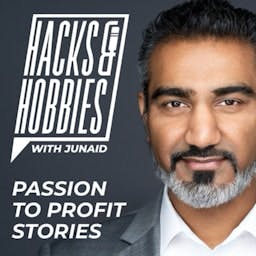
Hacks and Hobbies with Junaid Ahmed
Junaid Ahmed
I Have A Podcast by Vinnie Potestivo
Vinnie Potestivo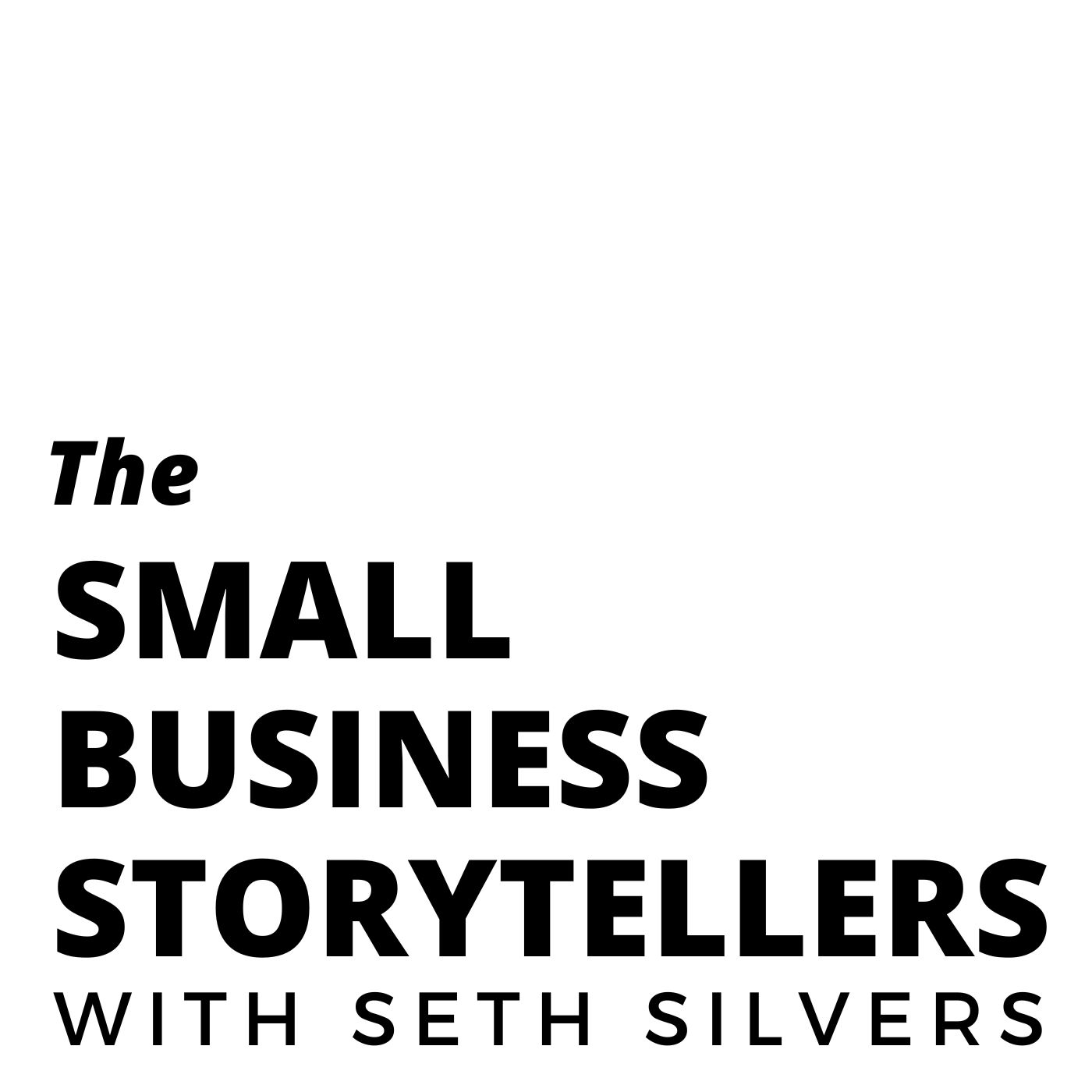
The Small Business Storytellers with Seth Silvers
Seth Silvers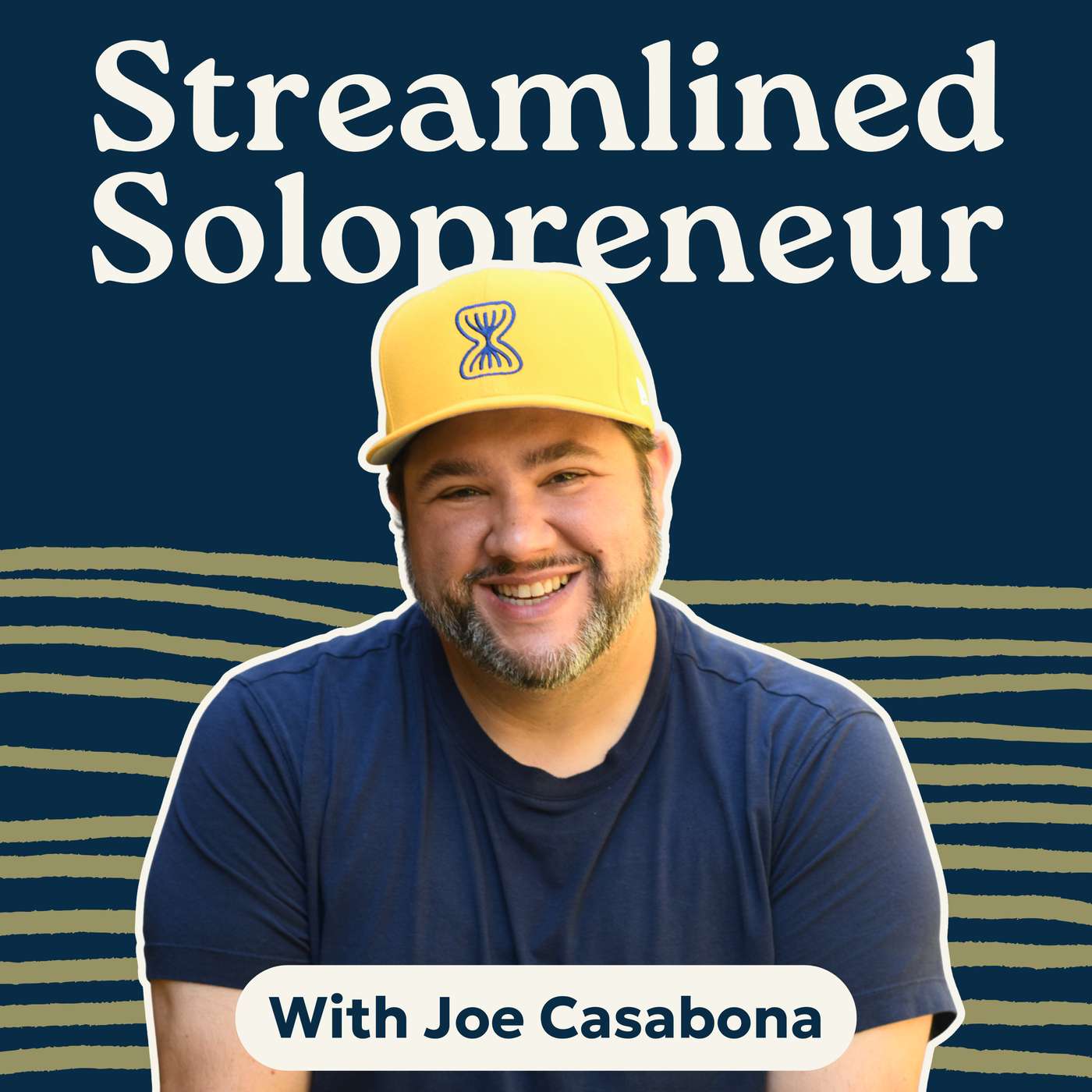
Streamlined Solopreneur: Tips to Help Small Business Owners Grow Without Burnout
Joe Casabona, Business Systems Coach
Insider Secrets to a Top 100 Podcast with Courtney Elmer | Podcasting Strategy for Business Growth
Courtney Elmer | PodLaunchHQ.comDo The Thing
Stacey Lauren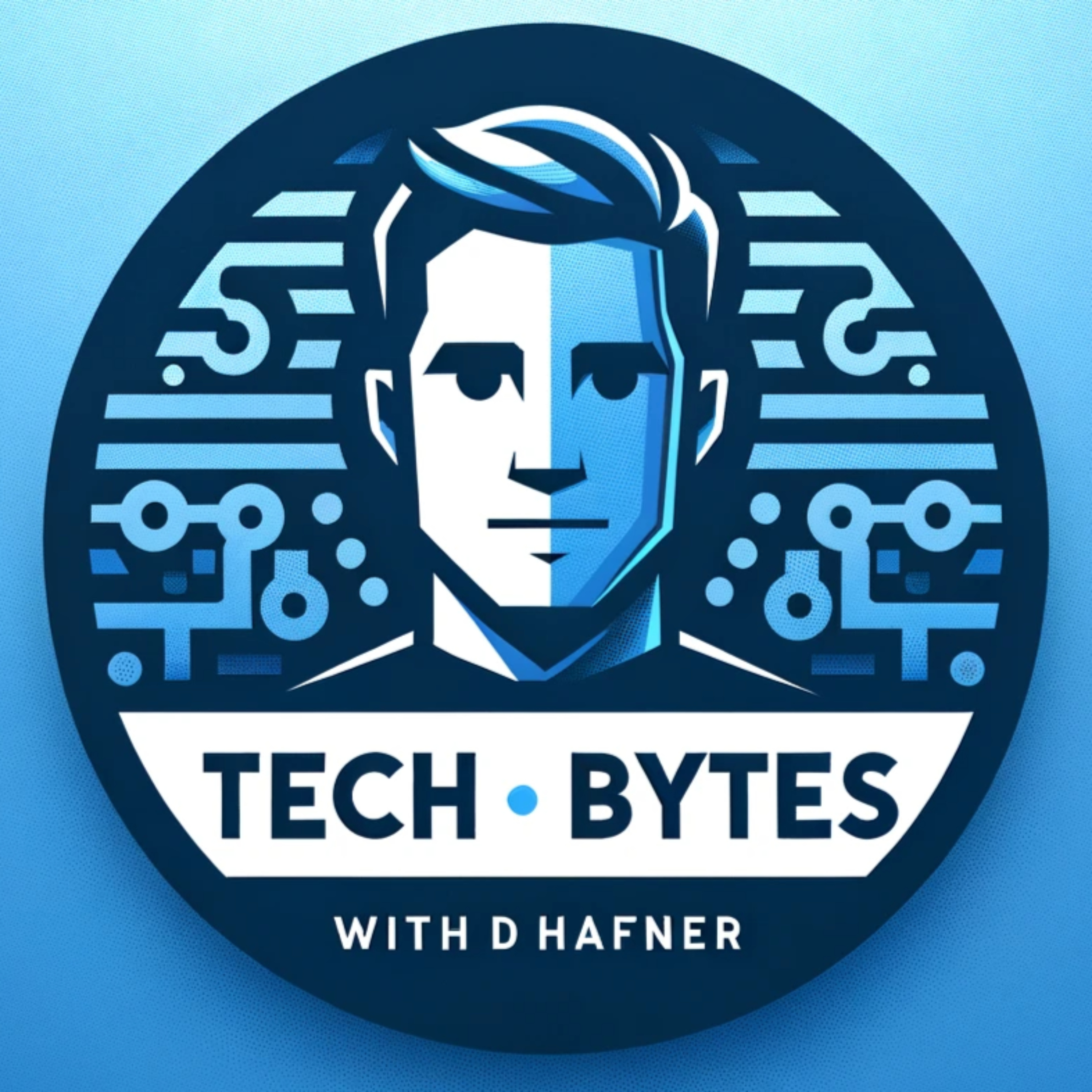
Tech Bytes - with Dan Hafner
Dan Hafner

